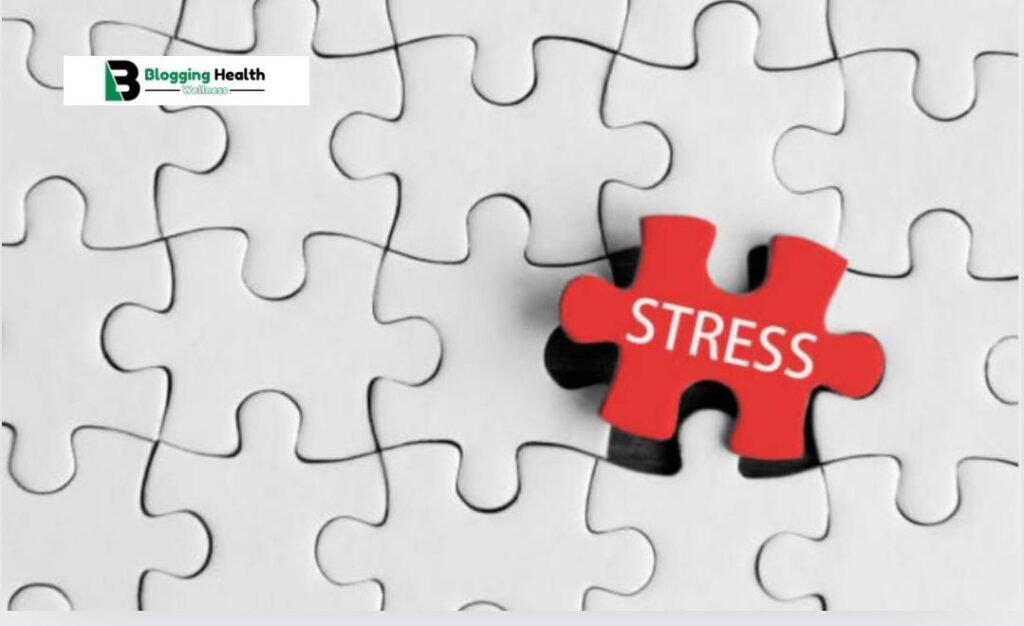If the acceleration is current, it will convert to one part of the inevitable daily life.. The pressures of work, personal responsibilities, and the constant stream of information can leave us feeling overwhelmed and exhausted. However, finding ways to relax and reduce stress is crucial for maintaining both mental and physical health. This article will explore various techniques and strategies to help you unwind and reclaim your inner peace.

Understanding Stress
Before diving into the methods for relaxation, it’s important to understand what stress is and how it affects the body. Stress is the body’s natural response to a perceived threat or challenge, triggering a cascade of hormones like adrenaline and cortisol. While this response can be helpful in short bursts, chronic stress can lead to numerous health issues, including anxiety, depression, heart disease, and weakened immune function.

Techniques to Relax and Reduce Stress
- Mindfulness and Meditation Meditation, a key component of mindfulness, can be as simple as focusing on your breath for a few minutes each day. Studies have shown that regular meditation can reduce stress, improve concentration, and enhance overall well-being.
- Physical Activity Exercise is a powerful stress reliever. Whether it’s a brisk walk, a yoga session, or a high-intensity workout, moving your body can help reduce tension and improve your mood.
- Deep Breathing Exercises Techniques such as diaphragmatic breathing or the 4-7-8 method (inhaling for 4 seconds, holding for 7 seconds, and exhaling for 8 seconds) can quickly reduce stress levels. Practicing deep breathing for just a few minutes each day can make a significant difference in how you handle stress.
- Progressive Muscle Relaxation Progressive muscle relaxation (PMR) involves tensing and then slowly relaxing each muscle group in the body. This technique helps you become more aware of physical sensations and can release built-up tension.
- Adequate Sleep Quality sleep is essential for stress management. Create a relaxing bedtime environment by limiting screen time, keeping your bedroom cool, and practicing relaxation techniques before bed.
- Healthy Eating Nutrition plays a vital role in how our bodies handle stress. Eating a balanced diet rich in fruits, vegetables, whole grains, and lean proteins can support overall health and well-being. Avoid excessive caffeine and sugar, which can increase anxiety and stress levels.
- Social Support Connecting with others is a natural way to reduce stress. Whether it’s talking to a friend, spending time with family, or joining a support group, social interactions can provide emotional support and a sense of belonging. Don’t hesitate to reach out to loved ones when you’re feeling overwhelmed.
- Hobbies and Creative Activities Engaging in hobbies and creative activities can provide a much-needed escape from stress. Whether it’s painting, gardening, reading, or playing a musical instrument, finding an activity you enjoy can help you relax and recharge.
- Time Management Use tools like planners or digital apps to organize your schedule and reduce feelings of overwhelm.
- Professional Help Seeking help from a mental health professional can provide you with additional strategies and support. Therapy, counseling, or stress management programs can be highly effective in helping you manage stress.

Conclusion
Reducing stress and finding ways to relax are essential for maintaining a healthy and balanced life. By incorporating these techniques into your daily routine, you can improve your ability to cope with stress and enhance your overall well-being. Remember that it’s important to find what works best for you, as everyone’s response to stress is different. Start with small changes and gradually build up to a comprehensive stress management plan that fits your lifestyle.


